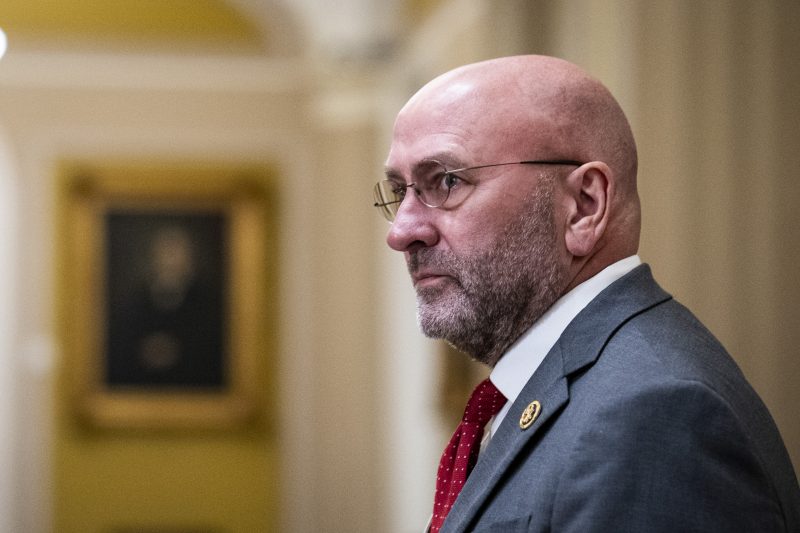In a recent incident that has sparked widespread controversy and debate, Congressman Clay Higgins made remarks that have since been condemned as racially insensitive and inflammatory. The Louisiana representative drew attention for his comments on diversity and immigration during a committee hearing, setting a new benchmark on what some are willing to excuse under the guise of political rhetoric.
Higgins’ comments, which have been widely criticized as coded racist language, have reignited discussions about the role of race in contemporary political discourse. Some have argued that Higgins’ statements reflect a troubling trend of dog-whistle politics, where politicians use veiled language to convey discriminatory messages without overtly stating them.
Critics of Higgins point to his use of phrases such as American culture and melting pot as thinly veiled attempts to appeal to white nationalist sentiments. By framing his arguments in terms of preserving American values and culture, Higgins effectively otherizes immigrants and marginalized communities, positioning them as threats to an idealized version of America that is exclusive and exclusionary.
Moreover, Higgins’ remarks have highlighted the broader issue of systemic racism within the Republican party, with some accusing GOP lawmakers of turning a blind eye to discriminatory rhetoric and behavior in order to maintain political power. By excusing and even defending Higgins’ comments, some Republicans have effectively enabled and emboldened racist attitudes within their own ranks, further deepening the partisan divide on issues of race and immigration.
The controversy surrounding Clay Higgins serves as a stark reminder of the importance of holding elected officials accountable for their words and actions. In a political climate where inflammatory rhetoric and divisive language have become all too common, it is crucial for both voters and lawmakers to denounce and reject discriminatory attitudes in all their forms.
Moving forward, the incident involving Clay Higgins should prompt a broader conversation about the insidious ways in which racism manifests in political discourse, and the responsibility of leaders to foster a more inclusive and equitable society. By challenging and confronting instances of racism and bigotry, we can work towards building a more just and united nation that truly lives up to its democratic ideals.


























